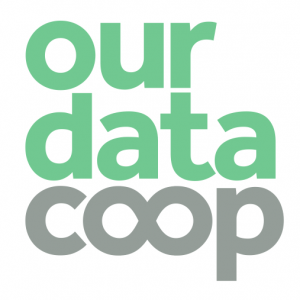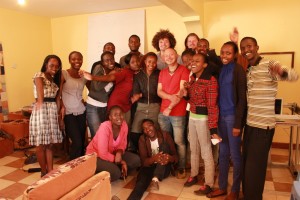Essex County Council (ECC) currently operates a traditional public library service through 74 fixed sites and 11 mobiles, but as with every local authority in England, must deliver and evolve the service with a significantly reduced revenue budget in future. Specifically, Essex Libraries has already undergone a transformation to deliver savings, but must identify a further £1.7m during 2015-17 – whether in the form of savings or through new income generation.
National policy, research and emergent practice points towards the merits of
- Establishing a national digital library service offer (see: the Sieghart Review);
- Transforming local library assets into Community Hubs or ‘one-stop-shops’ for numerous public services (see: the work of the Libraries Task Force);
- Establishing library service mutuals or mixed public/community provider landscapes to harness library user involvement in service funding/provision (see: developments in Suffolk, York and, more recently, Devon but, also, in North Yorkshire);
- Continued commitment to delivery of SCL’s Universal Offers – which now includes a digital making and learning offer for young people in the form of ‘Code Green’; and
- Investment in Wi-Fi infrastructure within libraries/workforce development to reflect the need to improve its digital skills base and associated competencies.
However, in and of themselves, none of the above is liable to
- Significantly increase traditional library service usage at the local level (which has been in decline, now, for almost a decade – albeit usage of internet-based services continues to grow year on year);
- Fully address – let alone reverse – the reduction in revenue monies projected to impact local library services during the period 2010-20 and beyond; or
- Underpin a thoroughgoing evolution of library services offered in tangible local settings without significant and/or continued investment.
Key ECC personnel are, therefore, tasked with prioritising service co-location at present – with a view to maximising rental income from services that are operated by other public bodies – but have also been asked to stimulate Civic Innovation opportunities where this is liable to contribute to the evolution of library services working in partnership with library users, Essex businesses and communities more broadly.
It is in the spirit of championing Civic Innovation that ECC’s Director for Customer and Information Services, Sophia Looney, invited us to present the findings of the work we undertook with Locality for Arts Council England concerning Income Generation in Public Libraries to Elected Members and colleagues, and to pursue one of the key recommendations made integral to the same – namely, to explore the scope to develop income generating library services for ECC underpinned by new/emergent technologies. The aims of this activity were to stimulate discussion about what more/different ECC might do to
- grow library service usage by targeting new audiences/users;
- address reductions in revenue monies available to Essex Libraries through social enterprise (albeit, in keeping with the ethos of a public library service); and
- evolve the traditional library service offer to help future-proof it for diverse communities living, learning and working in Essex to 2020 and beyond.
Having introduced colleagues to the findings of the work we undertook with Locality, we engaged them in a discussion about x10 ideas for income generating library services underpinned by new/emergent technology. We then undertook a high-level options appraisal before recommending the focus for the project concept development activity we believed we might usefully undertake and, ultimately, agreed to explore the scope for ECC to establish a Drone Loans scheme.
We’re delighted to report that colleagues were enthusiastic about exploring a number of the ideas we outlined. So, we’ve incorporated them in a proposal for joint working that is now being considered by ECC along with representatives from x9 local authorities elsewhere in England, and will keep you posted about developments over the coming months.
For further information, please Contact Us.





